New car and commercial vehicle production volumes in the UK fell by a third last month, as the industry faced multiple challenges.
It was the fifth consecutive month of decline, down by 32.8% to 49,810 units, according to automotive trade body, the Society of Motor Manufacturers and Traders (SMMT).
Excluding 2020, when Covid lockdowns saw factories mothballed or running at greatly reduced capacity, it was the lowest performance for the month since 1949.
Year to date, total output is down by 12.9% on 2024, to 348,226, the lowest since 1953.
Car production declined by 31.5% in the month, due primarily to ongoing model changeovers, restructuring and the impact of US tariffs, with 47,723 units rolling off factory lines.
Commercial vehicle output was also down sharply, by more than half (53.6%) to 2,087 units, as the closure of the Stellantis factory in Luton continues to impact comparisons with last year.
Car production for export fell by 27.8%, although a 42.1% fall in output for the smaller domestic market meant exports comprised a larger share of production, up to 78.5%.
Shipments to the EU and US, the UK’s two largest markets, fell by 22.5% and 55.4% respectively with the US share of exports declining from 18.2% to 11.3%.
This was in large part due to the imposition by the US administration of supplementary 25% Section 232 tariffs on cars from March, which depressed demand instantly, forcing many manufacturers to stop shipments.
However, with the trade agreement negotiated by Government due to come into effect before the end of June, the SMMT says that this should hopefully be a short-lived constraint.
Declines were also recorded in exports to China and Turkey, down 11.5% and 51% respectively.
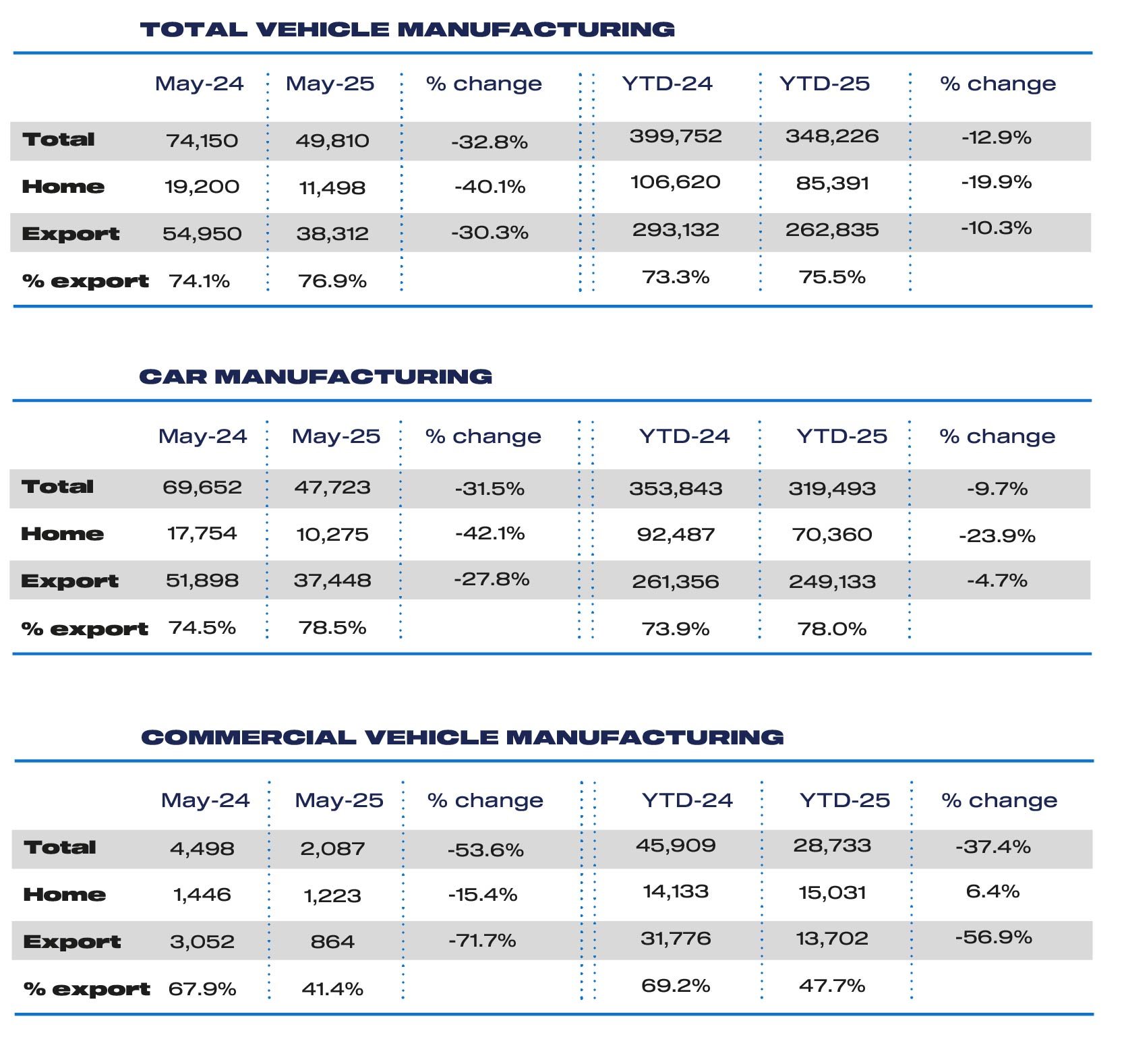
Mike Hawes, chief executive at the SMMT, said: “While 2025 has proved to be an incredibly challenging year for UK automotive production, there is the beginning of some optimism for the future.
“Confirmed trade deals with crucial markets, especially the US and a more positive relationship with the EU, as well as Government strategies on industry and trade that recognise the critical role the sector plays in driving economic growth, should help recovery.
“With rapid implementation, particularly on the energy costs constraining our competitiveness, the UK can deliver the jobs, growth and decarbonisation that is desperately needed.”
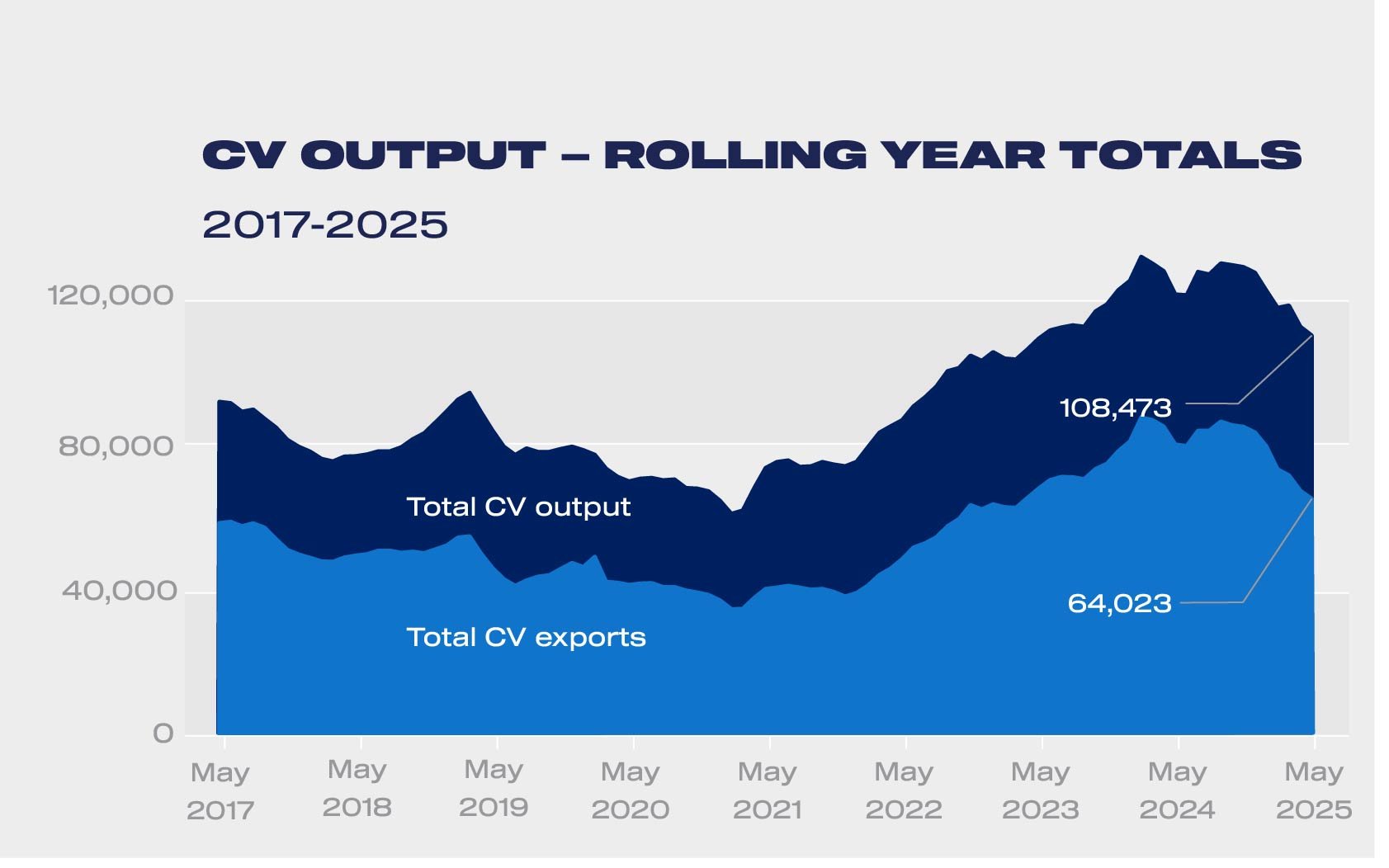
Export volumes of vans, buses, coaches, taxis and trucks also declined in May, down by 71.7% year on year.
The EU remained overwhelmingly the sector’s biggest customer, accounting for 94.7% of exports, although volumes fell 72.1%.
As a result, the export share of overall commercial vehicle production fell from 67.9% to 41.4%, with the domestic market now the primary destination for UK commercial vehicle output.

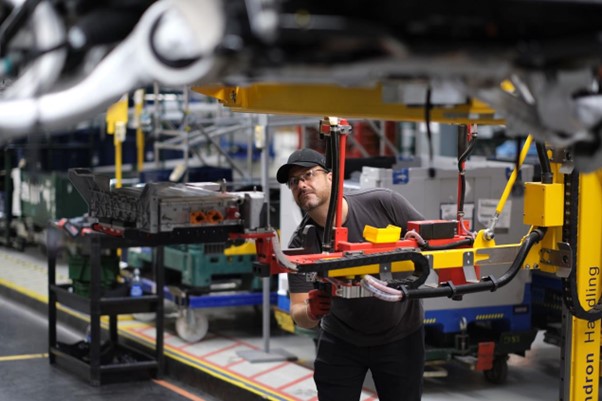



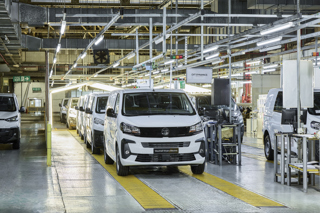
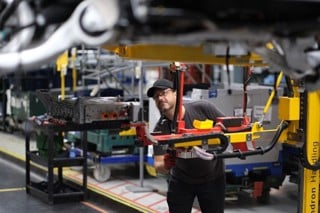














Login to comment
Comments
No comments have been made yet.